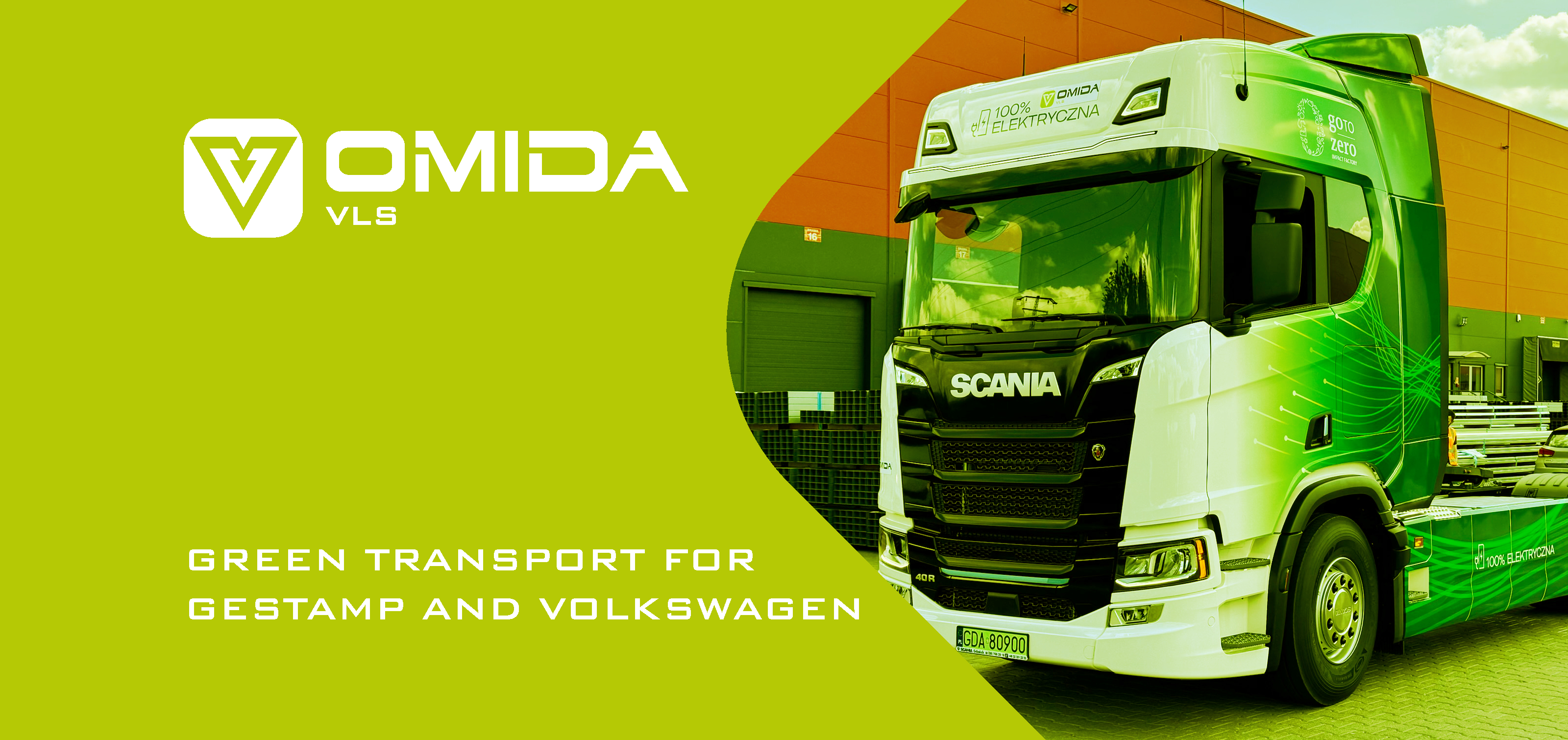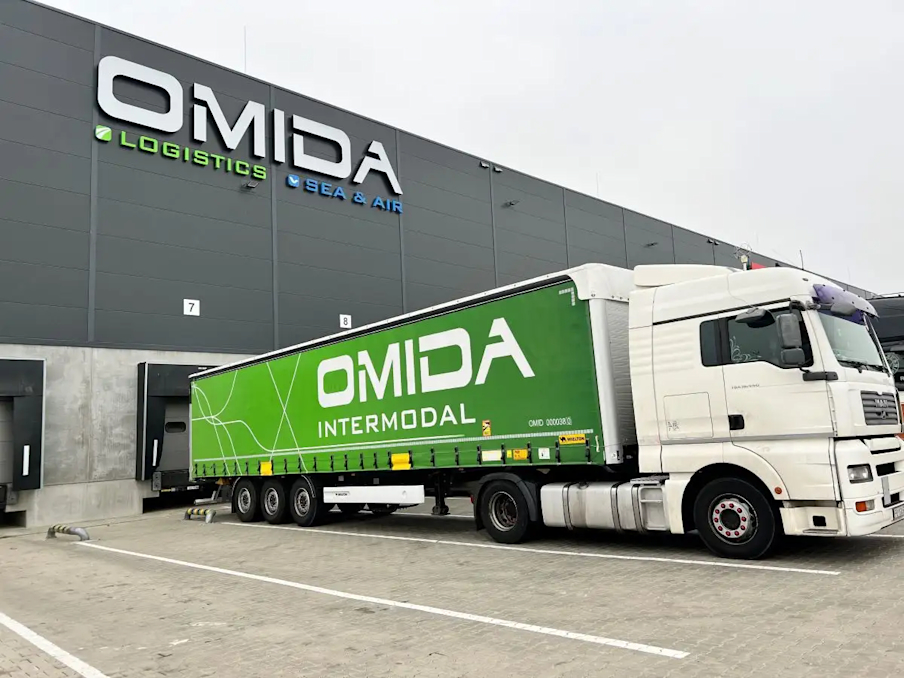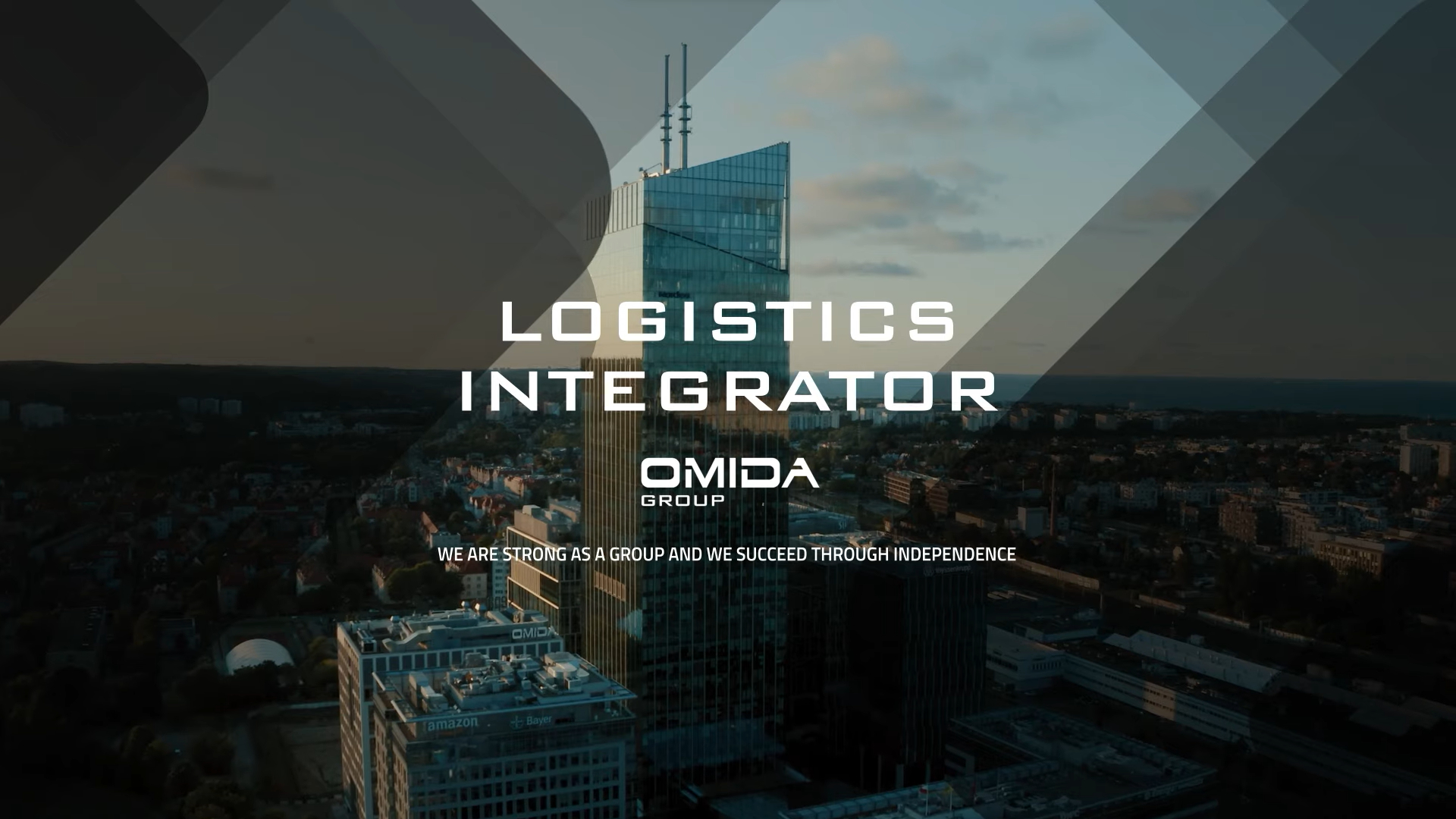In TFL, we have been using the term Logistics 4.0 and Transport 4.0 for some time - which is the desire to develop a modern supply chain in order to maintain the highest possible quality of services in the TFL sector at an optimal cost. For the purposes of this article, we will use the term TFL 4.0 because in the case of Omida, it is also worth mentioning forwarding and the development needs of this part of the TFL sector. Automating and digitizing the entire process from the moment the product leaves the factory to the moment it is delivered to the destination customer is one of the main tenets of TFL 4.0.
The most frequently mentioned step when considering modernization of the current state is the multifaceted integration of information and technology systems involved in the operation of warehouses, as well as all customer service processes and those occurring once the cargo is already on its way. The ever-increasing cost of transporting cargo by road and its high CO2 emissions are forcing transport companies like ours to immediately start taking steps to neutralize the negative effects of the increase in demand for road transport and seek better solutions for our customers. As we strive to modernize intralogistics and hope for a better tomorrow for our planet, we are talking about even more efficient supply chain management using modern technologies in transport and systems that optimize time, space and emissions. This is what TFL 4.0 is for us.
TFL 4.0 - definition
A network of interconnected independent logistics, shipping and transport systems using big data to increase process capabilities and automate repetitive processes within an organization, but also outside its structures during cooperation between entities involved in cargo handling. The main goals set are standardization, customization, reduction of CO2 emissions, and flexibility and security at every stage of the transport process from the moment the goods are produced to the moment the goods are received by the end customer. Popular tools in TFL 4.0 are autonomous vehicles/machines/equipment automated and learning systems, cloud data, WMS at the warehouse coupled with customer-side systems (e-commerce, CMS, CMR, ERP and third-party warehouses), RFID technologies and beacons, and drones prepared to perform specific tasks. The point is the connection and integration between these systems and the ability to derive process knowledge not limited to 1 or 2 platforms, but linking them together. It is the integration of systems and networking that is capable of revolutionizing transport and its processes.

What are Omida's plans for the development of TFL 4.0?
At Omida, we always move with the times and focus on the quick development of structures and the use of modern technologies. The digital modernization of backoffice processes is already behind us. It has brought more benefits than we initially expected. The circulation time of one document is very satisfactory, which translates into customer satisfaction with process handling time, and the company's cashflow improvement.
We don't intend to keep this knowledge and technology just for ourselves. We want promising companies to learn from us. If anyone wants to learn about how processes are digitally supported at OMIDA Group, we will be happy to share our knowledge. In fact, this is already happening today through Omida SSC and the collaboration of OMIDA Group portfolio companies. While we're making the most of what we've created, there's still a lot of work to be done on the road to becoming as digitally advanced an organization as we've planned for ourselves. That's why we plan to keep investing in digital products and cutting-edge solutions until our service is considered the best in Poland and Europe.TFL 4.0 is our path to the digital era of transport.



